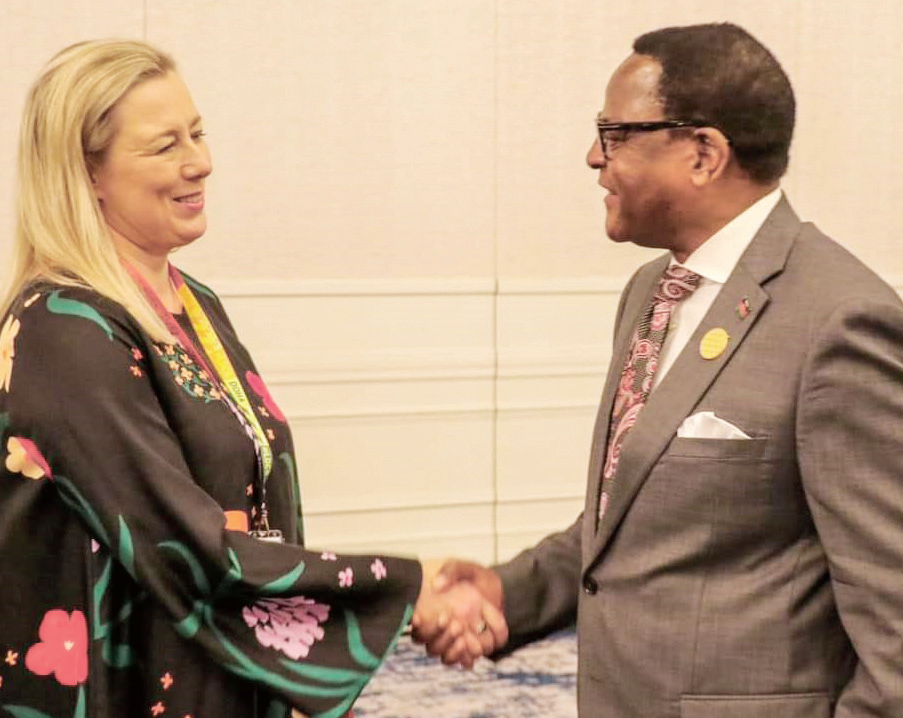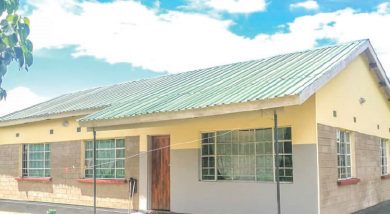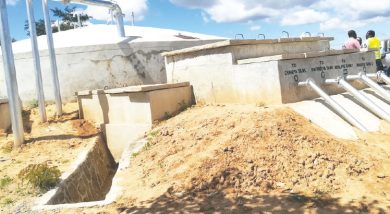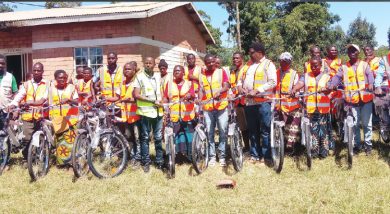Malawi pleads for EU support
President Lazarus Chakwera on Tuesday made a fresh plea to the European Union (EU) to resume direct budget support to help his administration stabilise an economy facing multiple challenges, including foreign exchange shortages.
The President made the plea in Doha, Qatar when he held bilateral talks with EU Commissioner for Partnership Jutta Urpilainen on the sidelines of the Fifth United Nations Conference on Least Development Countries (LDCs).

During the meeting, Chakwera assured the EU that his administration is tirelessly working to reform the public sector, improve public finance management and adopt measures to address unsustainable debt to reclaim donor confidence and stabilise the economy.
He said: “I am optimistic that the European Union will stand with us as we tackle these challenges, especially through the resumption of budget support. Direct budget support will help stabilise the economy and ease foreign exchange pressures that we are experiencing.”
Commenting on economic challenges facing Malawi in general, the President conceded that there were serious constraints that continue to undermine efforts to turnaround things “and in some cases, even reversing the development gains that we have achieved”.
He cited the Covid-19 pandemic, climate change- related emergencies such as cyclones and the Russia invasion of Ukraine since February 2022, which has disrupted global supply chains and pushed up prices of some commodities.
Chakwera also said his administration inherited an unsustainable debt from the previous administration, a situation that has caused a gridlock in discussions with the International Monetary Fund (IMF) for a new Extended Credit Facility.
In June 2020 when Chakwera and Tonse Alliance swept to victory in the court-sanctioned fresh presidential election, Malawi’s total public debt stood at around K4.7 trillion which in nominal terms was a sharp increase from K437 billion recorded in June 2005 after the country had 90 percent of its $2.9 billion external debt written off under the Heavily Indebted Poor Countries initiative.
However, Ministry of Finance and Economic Affairs figures show that as at end September 2022, the country’s total public debt stood at K7.3 trillion, up from K6.38 trillion in March 2022, representing an increase of 14 percent.
External and domestic debt accounted for 45 percent or K3.3 trillion and 55 percent or K4 trillion of the total debt. In terms of percentage of gross domestic product, the total debt in nominal terms stands at 64 percent.
EU and other Western donors under the banner of the now-defunct Common Approach to Budget Support (Cabs) stopped providing direct budget support to Malawi in September 2013 citing Cashgate, the plunder of public resources at Capital Hill through inflated invoices, payment for goods and services not rendered or delivered and fraud.
The development drilled a 40 percent hole in the recurrent budget and about 80 percent in the development budget, as the donors opted to channel resources through non-governmental organisations.
On her part, Urpilainen, who also met Chakwera at Kamuzu Palace in Lilongwe last October, expressed hope on the possibility of aligning resumption of direct budget support to specific sectors and in particular, education.
She pledged that the EU will continue supporting Malawi’s development agenda, going forward.
Urpilainen observed that direct budget support is based on clear eligibility criteria which must be followed.
During the October meeting, she commended the Malawi government for working hard to achieve an agreement with the IMF and also to stabilise the economic situation.
“That might pave the way to help the EU create an opportunity in the future to introduce budget support again,” she was quoted as saying.
EU Ambassador Rune Skinnebach is on record as having expressed hope the union would resume direct budget support to Malawi based on progress made in financial management and the fight against corruption.
During Tuesday’s meeting, Chakwera also outlined to the EU delegation several bankable regional road projects that may be considered by the 27-member economic and political union.
He cited the Mangochi-Makanjira Lakeshore Road in the Southern Region which could open up an important tourism hub, facilitate regional trade with Mozambique and link farmers to markets; the Rumphi-Nyika-Chitipa Road which creates an alternative Northern Corridor; an extension of M5 Lakeshore Road and the rehabilitation of the Blantyre-Zalewa-Mwanza Road section which leads to the Beira Port in Mozambique.
Chakwera said Malawi was ready to submit the requirements regarding these projects.
He also said the establishment of mega farms was a top priority of his administration, banking hopes that such farms will help us increase production levels of key cash crops for export that will ultimately help Malawi address the chronic shortage of foreign exchange.
The EU has also a financial envelope for the period 2021 to 2024, amounting to 352 million euros (about 404 billion) targeting three focal sectors of green resilient growth, human development and economic and democratic governance.





